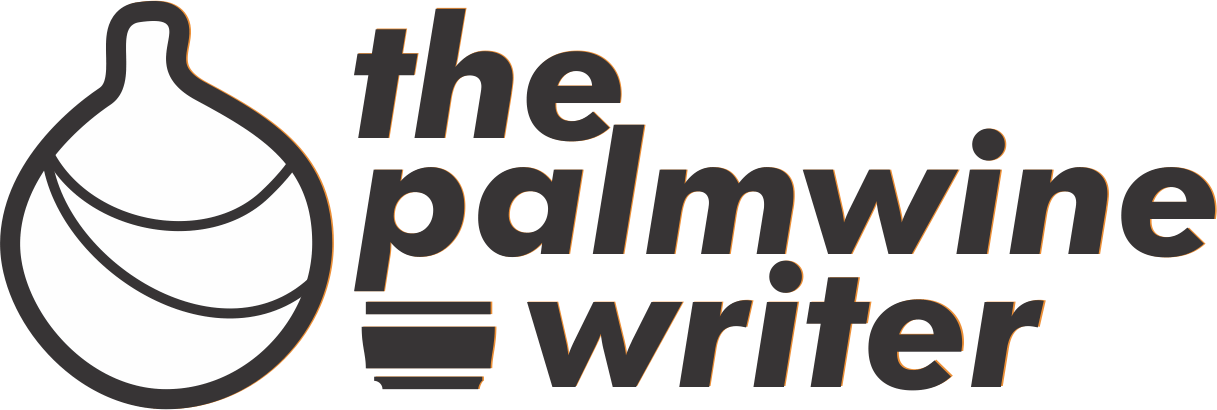LAGOS in the 19th century was as capitalist as it was feudal. Perhaps understated, but the authority of the monarchial institution in which Lagos (and most of Yorubaland) was governed through kings, was not absolute. In a parliamentary arrangement of sorts, rich and influential townspeople (mostly men) served in different capacities as chiefs. These chiefs—military, administrative, and religious—forged the institutions of the state and constituted its ruling class. This political dynamic meant that, in a lot of ways, while the kings and other royals wielded symbolic powers over the people and the chiefs, they depended on the chiefs for the smooth running of the state. It was effectively an oligarchy.
The chiefs, who mostly belonged to influential landholding families employed the use of manpower in slaves and indentured serfs to increase their economic influence in the areas under their jurisdiction, and in the state by extension. This form of slavery, however, was quite different from the chattel slavery that was practised by plantation owners in the United States. Slavery in Lagos—and most of Yorubaland in the 19th century—allowed some room for upward mobility for the slaves and indentured servants.
These classes of people—the kings, chiefs, slaves, and indentured servants—were the active players in a complicated financial system that was in operation in Lagos in the 19th century. This system came about as a result of centuries of intra-city, and inter-city trade and was largely based on credit.
A Credit Based System.
DUE to the wars that effectively signalled the end of the great Oyo Empire at the beginning of the 19th century, there was a lot of migration into Lagos from the surrounding war-torn areas. This meant an increase in business for professional slavers and slave traders. Lagos, a city largely built off the ignoble trade, would come to experience an economic boom at this time. It is important to note that Lagosians themselves were not slavers in the real sense of the word, they mostly served as middlemen and facilitators for the slavers further inland, and the traders at the coast. Slavery aside, emigres who wanted to start a new life after their homelands had been ravaged also ventured into Lagos in flocks.
This class of emigres understood that the only way to move up in their new area of settlement—just like where they were coming from—was through relationships. At the core of their financial system was a web of credit and patronage, facilitated by relationships. It was largely an agrarian economy, and to practice agriculture, more than anything, they needed land. Since most of the land to be obtained belonged to the various land-owning families, they had to attach themselves to these families through marriage, patronage, and other indigenous relationships that brought outsiders into established households. Thus, on touching down in Lagos, the first point of call of an immigrant—whether slave or freeman—was at the house of an influential person that could serve as a patron or overlord.
Once an immigrant accepts a patron as his overlord, they work out a deal whereby the immigrant is dependent on the overlord for a roof over his head, land to farm on, and in some cases, daily sustenance. In exchange, the immigrant works on the overlord’s farms as free labour for a specified amount of time, as a form of payment for the land which he has been given. The patron-client relationship is mutually beneficial as the client might also be required to follow his patron to war, or see to other menial duties within the city. The work done for the overlord is seen as payment for the political, financial, and sometimes judicial cover that the patron gives the client. This way, the patrons increase their political and economic stand, while the clients find their feet.
In the case of more established townspeople who were also deeply entrenched in this credit system, they would go the route of the emigres and place themselves under the authority and protection of an overlord, or request for a more direct system of credit. Like it was stated earlier, this system is heavily dependent on the strength of relationships, as the creditors need to have faith in the ability of the impending debtors to pay back their debts with interest.
For traders who needed a line of credit, they would approach rich people with whom they had some form of relationship and request goods to sell at an interest. For others, it was direct money-for-money transactions, but this was very rare. As such, there was very little direct exchange of currency until the monetization of the local economy through the importation of cowries, dollars, and British coins. Even European businessmen that arrived at the shores of Lagos for business rarely exchanged goods for cash. Instead, they would give the Lagosians their goods to trade in the interior of the country, in exchange for agricultural produce, palm oil and slaves. In the words of H. S. Freeman, Lagos’s first governor, credit was the “great genius of the African trade.”
One man, Daniel Conrad Taiwo, alias Taiwo Olowo (Taiwo, the rich) embodied that system and used it, perhaps ruthlessly, to take himself from the utter dredges of society to the upper echelons of the Lagos financial class.
Rags to Riches
Daniel Conrad Taiwo was born Isheri, a suburb of Lagos, around 1781. At a young age, he became indentured as a slave to one Chief Ogunmade. He worked as a farmhand and a war boy till around the 1840s when he became a protégé of Kosoko, the King’s son. From this vantage point, he launched himself into a world of political and economic influence. He leveraged on his closeness to the prince for material gain, cultivating relationships with European and Brazilian merchants.
When Lagos came under the administration of the British around 1862, he became well acquainted with the British governor at the time, Governor Glover, who took a liking to him and established a political and economic partnership with him. The Governor appointed Taiwo as the Baba Isale (patron and representative) of Isheri and some other parts of the mainland and introduced him to British and German firms to conduct business with, exclusively. There are also instances when the governor helped him to enforce the repayment of debts.
These appointments established Taiwo as a power broker and economic powerhouse for the average Lagosian under his jurisdiction, hence he became deeply entrenched in, and a symbol of the credit system in Lagos. Slowly, he and other influential Lagosians began to play the role of financial institutions as we know them today, and soon enough, he came to be named—colloquially—Taiwo Olowo ele (Taiwo, Owner of money lent at interest). As such, he owned lots of slaves and indentured serfs and servants, and of course, money.
After the monetization of the economy, when cash currency became more stable and desirable, Taiwo, along with his peers transitioned into the real estate business. Kristin Mann noted in her treatise on Lagos, titled Slavery and the Birth of an African City, that, “As Lagos grew and developed in the second half of the nineteenth century, a market for rental property emerged. In addition to providing collateral for credit, real estate acquired new use and value as a source of rental income during these years.”
Taiwo quickly adapted this system into his business model and by 1867, he already owned seventeen properties, many of them in prime locations around Lagos. He also incorporated the model into his money lending business by emphasizing a preference for land or landed property as collateral for loans Taiwo would go on to die in 1901 as of the richest men in Lagos, having come up as a commodity in the financial system as a slave, and risen to be the biggest broker of his generation.
Banking essentially refers to the business conducted by a bank, which includes, but is not limited to safeguarding and lending money out. There were no banks in Nigeria until the tail end of the century, but people still needed to have access to loans and credit facilities, so individuals like Taiwo Olowo bridged the gap. It is often noted that a lot of Taiwo’s dealings were fraught with fraud and that he made most of his wealth off nepotistic sentiments, but in his times, all that did not matter very much. If you were in Lagos in the mid-1900s and you needed access to money, you would have approached Taiwo and other creditors like him. Taiwo, more than anything, is a reminder that the institutions that we see today, were in existence in different forms, they just carried different names.

